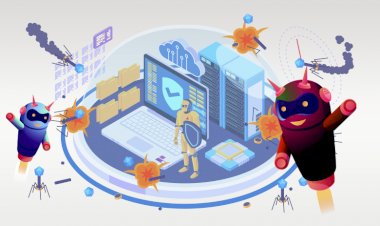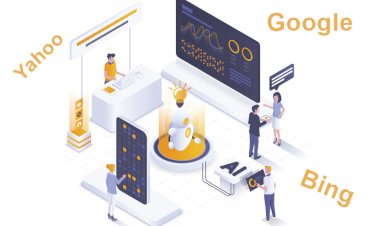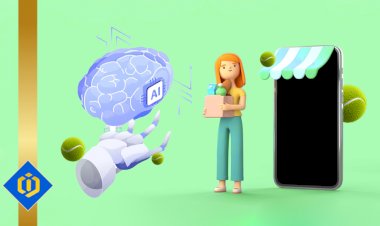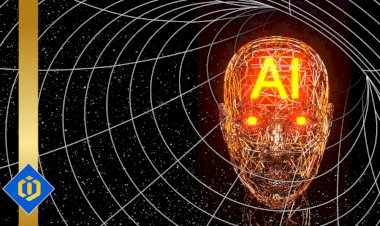Will AI Help Us Make Progress in Equity and Human Rights?
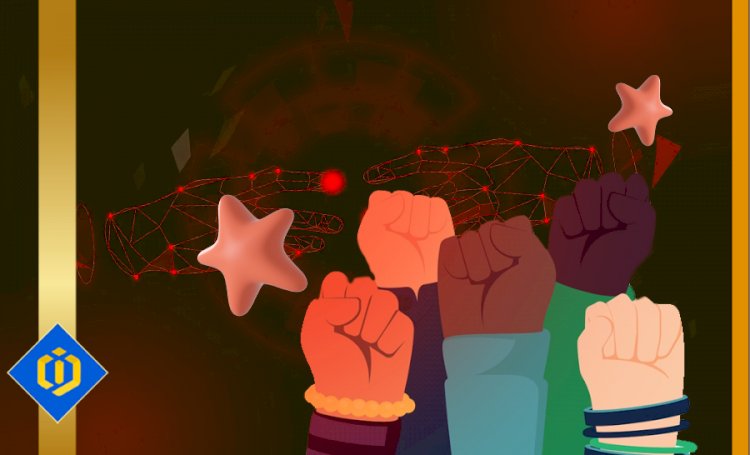
Numerous facets of our lives, including how we work, communicate, and make decisions, are being rapidly transformed by artificial intelligence (AI). While AI has the potential to advance fairness, equality, and justice for all people, it also poses serious risks to privacy, autonomy, and dignity. This article examines how AI may affect human rights and discusses ways to develop and use AI while balancing progress and protection.
The gathering, analysis, and use of personal data is one of the main ways AI can affect human rights. AI algorithms can process enormous amounts of data to make predictions and decisions, but this also raises issues with privacy and the security of individualized data. An AI algorithm may produce discriminatory or unfair results that violate human rights, for instance, if it is trained on biased data.
AI's effects on employment and labor rights are another way that it may have an impact on human rights. Numerous routine and manual tasks could be automated by AI, which could result in job loss and economic insecurity for workers. It's crucial to make sure that the advantages of AI are distributed fairly and that programs for training and reskilling workers are available to them.
AI can, however, also advance fairness, equality, and justice, which would benefit human rights. For instance, biases in decision-making procedures like hiring and promotion procedures can be found and eliminated using AI algorithms. AI can also improve access to healthcare, education, and other fundamental rights, especially for underserved groups and people with disabilities.
It is crucial to adopt a collaborative and multidisciplinary approach to the development and application of AI in order to balance its positive and negative effects on human rights. Engaging stakeholders from various backgrounds and viewpoints, such as policymakers, technologists, ethicists, and human rights activists, is a part of this. Along with these requirements, it also calls for a dedication to openness, responsibility, and the application of moral principles as a decision-making framework for the AI development process.
In conclusion, AI has the potential to transform human rights by promoting fairness, equality, and justice, but it also poses serious risks to privacy, autonomy, and dignity. We can make sure that these technologies are used in a way that respects and strengthens human rights by balancing development and protection in the development and deployment of AI.
An Analysis by Pooyan Ghamari, Swiss Economist with Expertise in the Digital World

 content-team
content-team 


